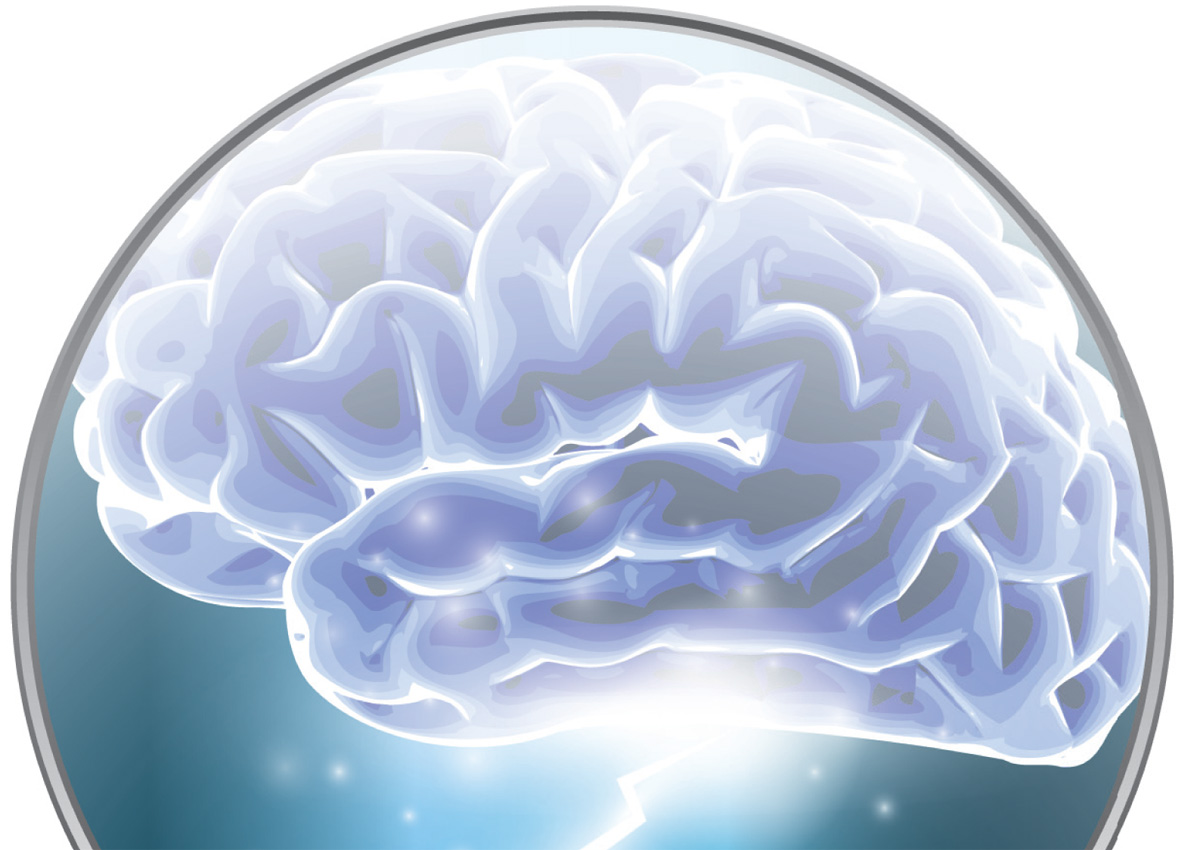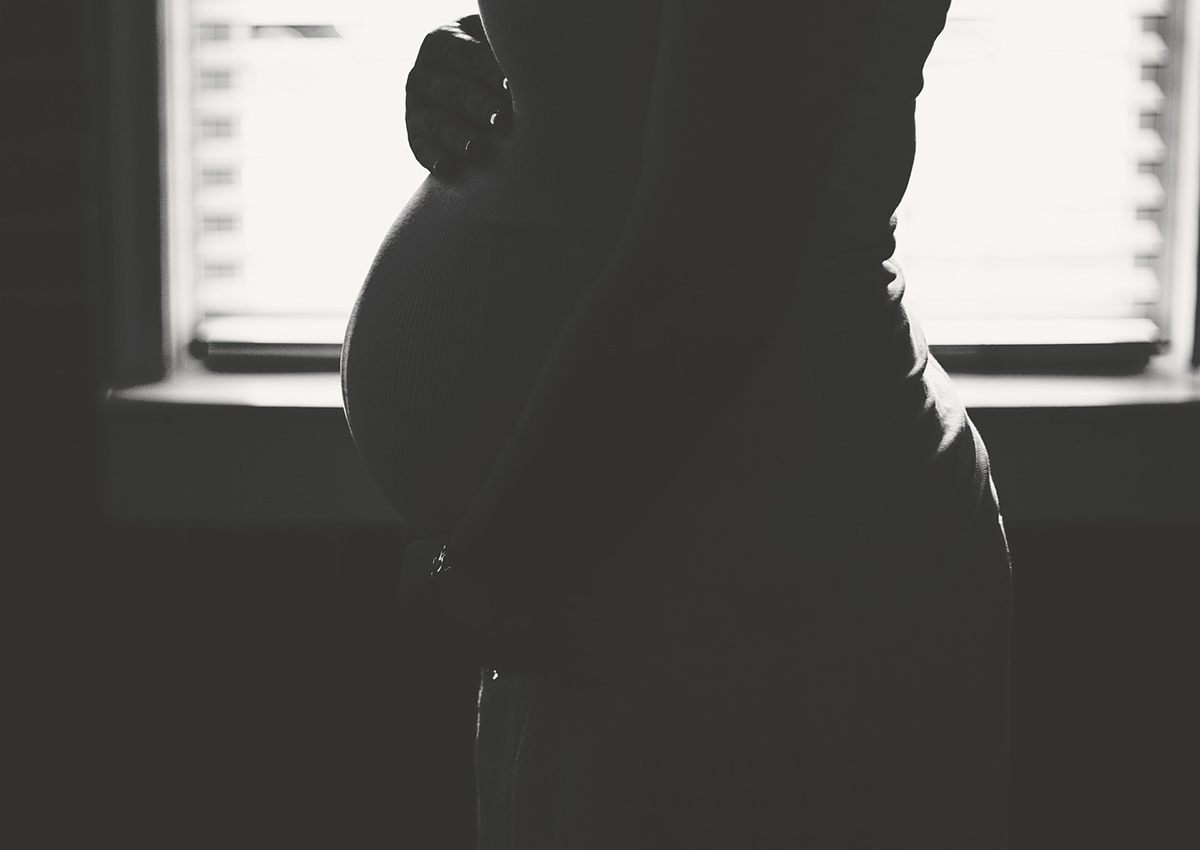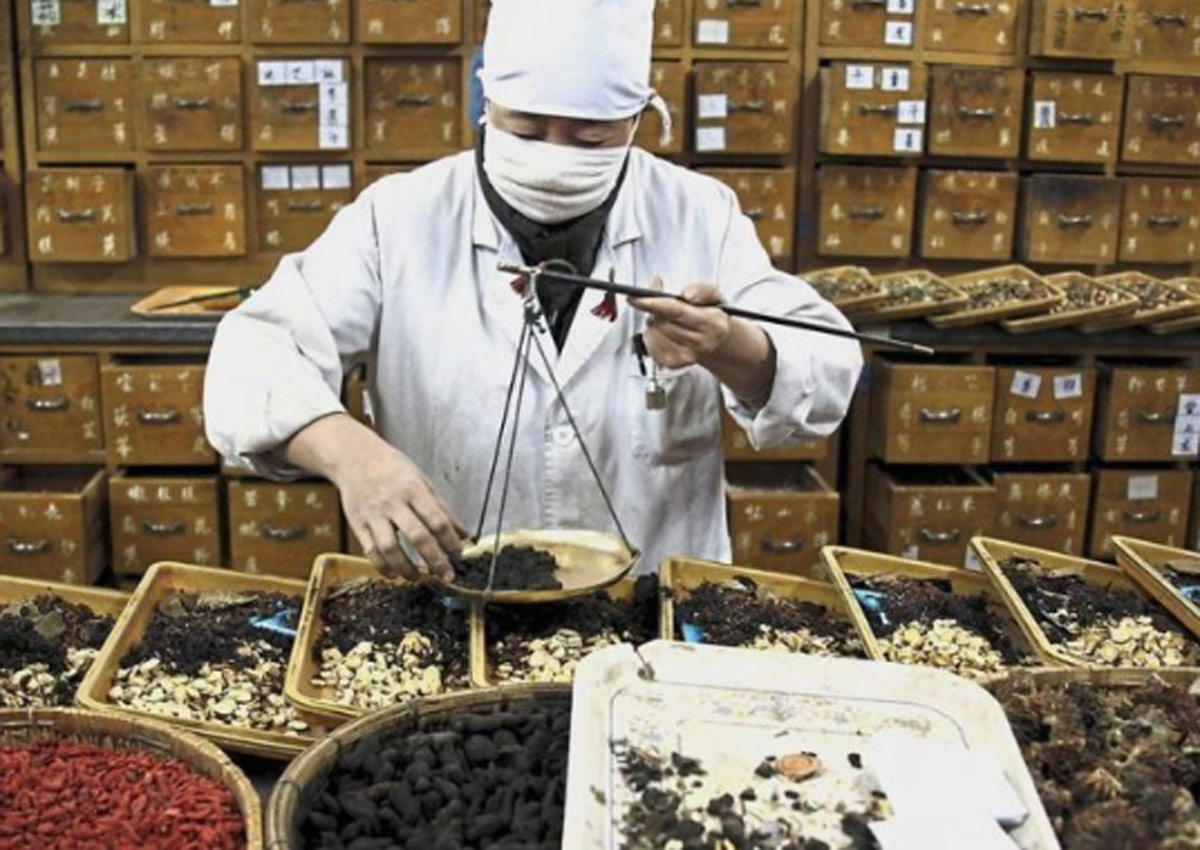I had a stroke at 39 and didn't realise it until a day later

Leong Wen Shan’s story of recovery, as told to Dawn Chen.
When I had my stroke in March this year, I was working as an editor and as a freelance consultant in public relations and had been doing so for several years.
I would work different times of the day and throughout weekends, sometimes pulling late nights.
But my freelance role also meant I could take off whenever I wanted, and I was able to travel quite a lot – although I’d always have my laptop with me in case work came in!
I wouldn’t describe myself as sporty at all, but I did practise yoga and swam regularly.
THE STROKE
I was at a yoga class when I felt a slight numbness creeping to my left arm and leg. At first, I thought I was feeling cold from the air-conditioning in the studio. I continued with the class but the feeling didn’t subside, so I told my instructor that I wasn’t feeling well and left.
I had no problem walking back to my parents’ apartment, which was about 10 minutes away, even though the numbness persisted.
At the back of my mind, I did think it could be a stroke, because of the persistent numbness to the left side of my body, but I didn’t have those classic symptoms like loss of speech and movement. There also wasn’t any pain at the beginning.
Back home, my dad suggested I visit an acupuncturist nearby. The acupuncturist treated me but didn’t think there was anything serious. Again, I was able to walk home and went to bed in the evening.
The next day when I woke, the feeling was still there. I also had a headache, and the left side of my neck and face was beginning to ache. I got very concerned and decided to go to the A&E. After the CT scan, the emergency doctor told me that they found a clot in my brain which meant there was a bleed – which also meant I had a stroke.
Later, the neurosurgeon who treated me explained that what I have is an arteriovenous malformation (AVM) – a tangle of blood vessels that has a tendency to bleed easily, causing damage to brain tissue.
This is different from our more common notion of stroke, which is an ischemic stroke, where blood flow is blocked, usually caused by chronic conditions such as high cholesterol. I did wonder why I had a stroke when my cholesterol level and blood pressure were fine.
That said, as a habit, I did indulge in smoking two to three cigarettes a day, which I immediately quit. It seems there’s no known cause for AVMs, and some people have it all their lives without knowing about it until they bleed.
THE RECOVERY
I was so lucky because the part of my brain that bled had no effect on my speech, movement, etc. There is also no loss of strength or dexterity.
The CT scan showed that the clot was deep within the right side of my brain and almost 2cm in diameter. To me, it looked large. I was immediately given medication to treat the symptoms, which include numbing and heat sensations and the beginnings of nerve pain to the left side of my body.
Because the clot is so deep, surgery presents higher risks than leaving it to clot and hopefully heal. I was admitted and stayed in the hospital for just four days.
My recovery journey now is more about pain management. There is a pins and needles sensation on my left side that doesn’t quite go away, and an intense heat sensation and occasional numbness.
I take daily medication and have regular follow-up visits with the doctor. Every day I take about two doses of Pregabalin, an anticonvulsant that helps lower the pain signals from the damaged nerves.
I’m still adjusting the dosage with my doctor because the pain has increased over time, which is not uncommon I’m told. Some people live with it permanently while for others it’s temporary.
For me, simple meditation also helps. By focusing on my breathing, I find that I can keep my mind away from the discomfort.
Emotionally, when I was diagnosed my immediate emotion was that of relief since there’s no paralysis or loss of speech, etc. For me, this is the best outcome I could possibly hope for out of a bad or unlucky situation.
But soon after, I also began to feel quite paranoid. I would wonder whether the AVM would bleed again and when it does, whether I would even feel it given my partial loss of sensation. I also wondered if another bleed would affect a different part of the brain that would cause paralysis.
Doctors and friends who are medically trained have advised that the main thing I can do is to look out for symptoms that resemble the first episode, i.e. sharp headaches and persistent numbness to one side of the body.
After obsessing about the nerve pain in the first two months, I decided this wasn’t the way to live, and I no longer dwell on the ‘next bleed’. I tell myself that the pain will be permanent and to just manage it day by day; if it eventually goes away, it’s a bonus!
Through it all, my family has been really supportive by not appearing too worried around me even though this came as a shock to everyone.
My boyfriend and his family have also been very encouraging and supportive.
Friends who know I’ve had a stroke have offered assistance every step of the way, pointing me to the right medical care and checking in with me from time to time. I’m so thankful for all that.
LIFE AFTER
I am aware that I need to be prepared for a relapse which could happen in maybe 10 or 15 years.
So I try to be healthier with my lifestyle choices. I’ve cut out cigarettes and reduced my alcohol intake. I’ve also adjusted my bedtime. I used to sleep late, but now I try to go to bed before midnight.
I’ve also recently started working in a full-time role at the Singapore Symphony Group which manages the national orchestra and other music performance groups. I did wonder if my medical declaration would affect my chances, but it didn’t raise any eyebrows at all.
I am also more cautious when doing physical activities. I still swim, but close to the pool’s edge just to be safe. I no longer go to yoga class and I try to avoid positions such as the Downward Dog to avoid adding pressure to the brain since that could cause another bleed. I’ve been going to pilates classes instead.
As soon as I got the green light, I resumed travelling. I’ve managed to see the Persepolis in Iran and the Acropolis in Greece this year. Personally, travelling signals a kind of normality for me and it reminds me that I’m alright.
Finally, I’ve certainly learnt a lot about different kinds of strokes, and it has brought me more awareness. When I’m on the train or bus, I don’t immediately think poorly about ‘able-bodied’ people taking up a priority seat – they might be going through something that we just can’t see.
This article was first published in Shape Singapore
Published at Sun, 10 Dec 2017 00:00:00 +0000




